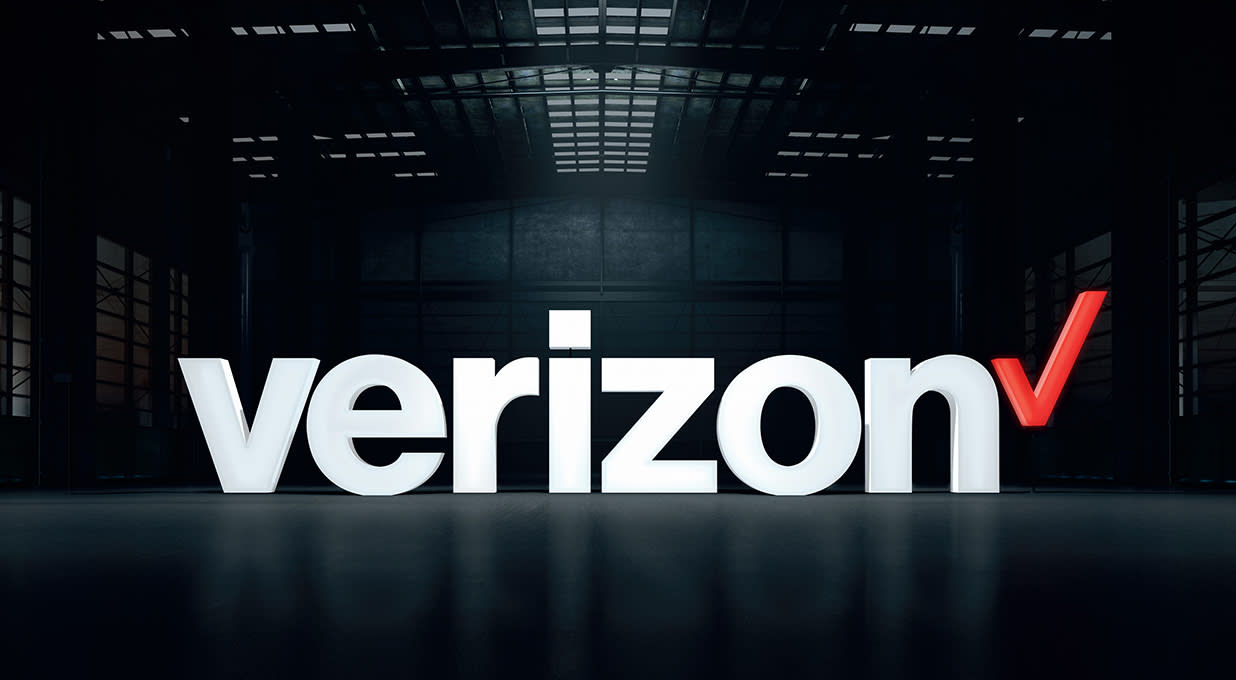Verizon’s third-quarter results were largely as expected. Revenue was flat at $33.3bn, with the growth in Service and other revenue offsetting an 8% decline in the much smaller Wireless equipment division.
Underlying cash profit (EBITDA) increased 2.1% to $12.5bn, in the middle of the expected full-year growth range.
Free cash flow fell from $6.7bn to $6.0bn, reflecting lower operating cash flow, which was impacted by $1.7bn of redundancy payments. Net debt at the quarter-end came to $145.7bn.
Total broadband subscribers were up nearly 16% to 11.9mn, while a net total of 349,000 mobile accounts were added, more than twice the amount seen in the comparative period.
Corporate highlights in the period include the $20bn agreement to acquire US fibre internet provider Frontier Communications.
Verizon said it remains on track to meet full-year guidance, which included underlying EBITDA growth of between 1-3%
The third quarter dividend was up by around 2% to $0.6775 per share.
The shares were broadly flat in pre-market trading.
Our view
There were no major surprises in Verizon’s third quarter numbers. Healthy growth in broadband and mobile subscribers was the bright spot but growth in revenue and profits remained underwhelming. This reflects the intense competition in the sector.
Consumer is by far the larger of its two primary segments. It provides mobile and landline services directly to individuals and via wholesalers as well as selling devices like smartphones and laptops. Mobile subscriber growth has been a struggle of late, but trends are improving. The growing 5G network plus new, flexible, plans are starting to show results. Price hikes squeezed consumers early in the new year, but the group is still expecting to deliver some growth over 2024.
There's plenty of scope to grab market share with increased 5G adoption, through traditional mobile and fixed wireless broadband products. Verizon's putting a lot of eggs in this basket and has thrown billions at the task. We think this is the right move. Growth in this space is picking up nicely but it’s still only a small part of the overall picture
Wireless data is a notoriously competitive market. The same can be said of traditional broadband offerings. It's hard to offer something meaningfully unique, so telecoms groups often end up competing mainly on price, which is rarely a good thing for profit margins.
Verizon's debt pile is eye-watering too. That's a result of spending listed as "wireless licences." Simply put, governments licence out chunks of the electromagnetic spectrum (think 5G) to telecoms groups to run their networks on, and they charge a pretty penny.
The group may not have put its chequebook away just yet either, with the proposed $20bn acquisition of Frontier Communications. Integrating Frontier’s infrastructure into its own network could also help accelerate its fibre buildout. But it should be noted that the deal still requires approval by Frontier’s shareholders.
For now, the 6.2% forward dividend yield looks well covered so we don't have any immediate concerns. But reducing debt is going to be a priority when capex reduces to more normal levels, at least in the near term.
The valuation isn't too demanding, and we can certainly see how the mammoth cash flows and healthy yield are attractive prospects. But we would urge caution. While the use of debt has helped boost returns for equity holders, it can be a double-edged sword if profits struggle, and no returns are guaranteed.
Environmental, Social and governance (ESG) risk
The telecom industry is low/medium in terms of ESG risk. Data privacy and security is the most significant risk driver, not only because customers are increasingly concerned about privacy, but also because cybersecurity breaches can be costly. Product quality is another key risk, particularly given the networks they manage are considered critical infrastructure. Carbon emissions, human capital and business ethics are also risks worth monitoring.
Verizon’s overall management of material ESG issues is strong.
Verizon has officers responsible for security and privacy, and its cybersecurity centre meets international standards. Climate risks are reported, and it conducts annual impact assessments. The company offers employee development programs, including tuition assistance, and ensures equal pay for women and men.
Verizon key facts
All ratios are sourced from Refinitiv, based on previous day’s closing values. Please remember yields are variable and not a reliable indicator of future income. Keep in mind key figures shouldn’t be looked at on their own – it’s important to understand the big picture.
This article is not advice or a recommendation to buy, sell or hold any investment.No view is given on the present or future value or price of any investment, and investors should form their own view on any proposed investment.This article has not been prepared in accordance with legal requirements designed to promote the independence of investment research and is considered a marketing communication.Non - independent research is not subject to FCA rules prohibiting dealing ahead of research, however HL has put controls in place(including dealing restrictions, physical and information barriers) to manage potential conflicts of interest presented by such dealing.Please see our full non - independent research disclosure for more information.


